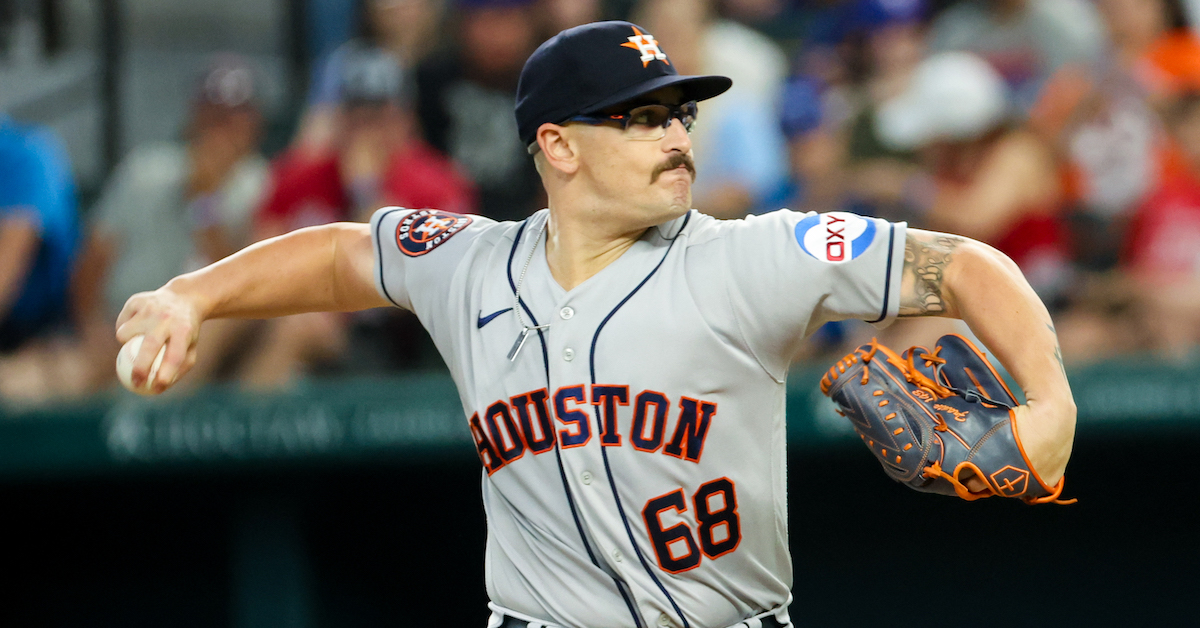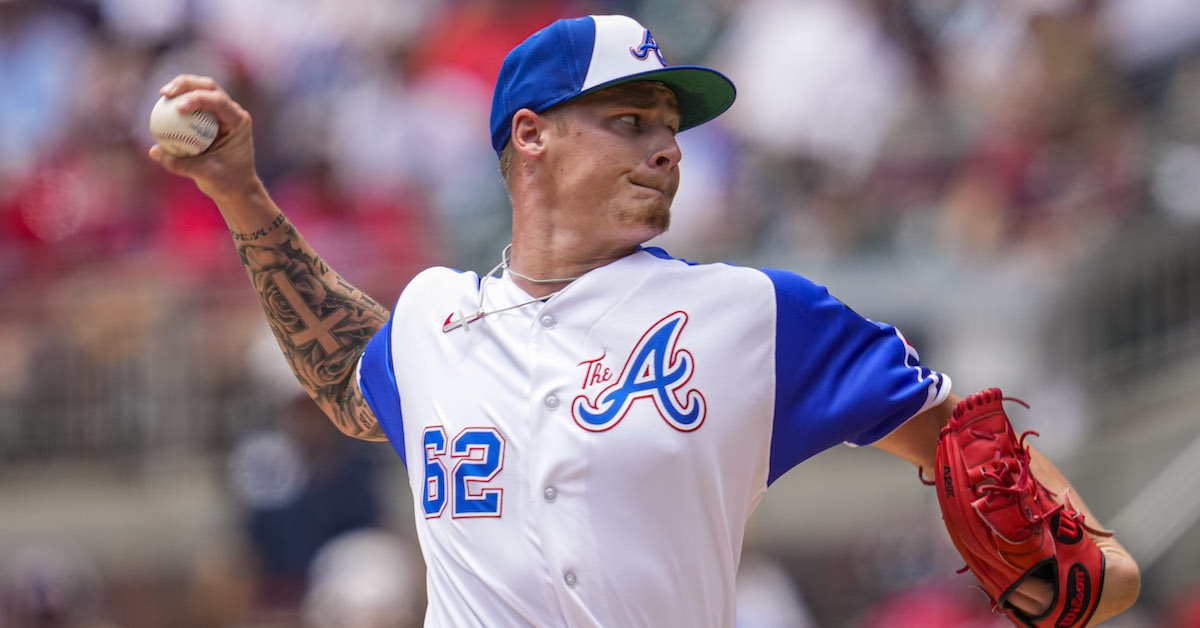J.P. France Embraces His Inner Underdog

J.P. France is a late-bloomer proving the skeptics wrong. Selected in the 14th round of the 2018 draft by the Houston Astros, the right-hander not only made his big league debut in April at age 28, he’s performed admirably since doing so. In 22 starts plus one relief appearance, France is 11-5 with a 3.84 ERA over 131-and-a-third innings. Moreover, he’s put up those numbers with a skill set that’s unusual in today’s game. His fastball ranks in the 34th percentile for velocity, his groundball rate is in the 51st percentile, and his 17.% strikeout rate is among the lowest for qualified pitchers.
France, who graduated from Tulane University with a degree in Homeland Security before finishing up his college career at Mississippi State University, sat down to discuss his unique profile, and the underdog attitude that comes with it, when the Astros visited Fenway Park at the end of August.
———
David Laurila: You went from a later-round pick to the starting rotation on a contending team. How did that happen?
J.P France: “First, it’s been a grind. I think the COVID year was probably the best thing that’s ever happened to me. It gave my arm basically a full year of rest, and it also gave me time to truly focus on mechanics: how to clean up my motion, how to simplify it. I think that would have happened eventually, but I don’t think it would have happened as quickly. I was able to literally just focus on what was I feeling, and what I was fixing, as opposed to having to go out there and compete and possibly be working on something else at the same time. Read the rest of this entry »







